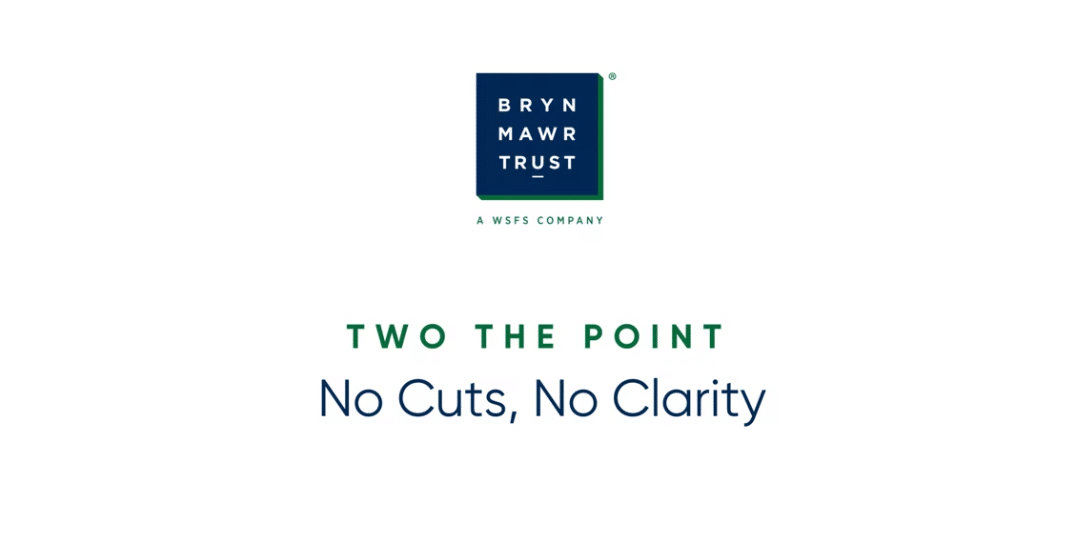A Comprehensive Guide to Trust Asset Management
Bryn Mawr Trust Contributor
3 min read
Trust asset management requires a multifaceted approach to managing the day-to-day running of a portfolio that encompasses, among other things, strategic asset allocation, fiduciary responsibilities, risk management and a keen understanding of tax implications. Trustees must navigate a complex landscape to fulfill their obligations, optimize financial outcomes, and align investments with the trust’s goals and beneficiaries’ needs.
Strategic asset allocation stands as the cornerstone of effective trust management. Asset allocation involves dividing investments among various asset categories, such as stocks, bonds, real estate and cash to balance risk and reward according to the trust’s specific goals, time horizon and risk tolerance. Depending on the circumstances, asset location can also be beneficial. For example, a trustee may want to hold a municipal bond versus a taxable bond, or if capital appreciation is more important, equity investments.
Trustees must carefully balance the trust’s financial objectives with the legal and ethical obligations to beneficiaries. This involves dynamic decision-making, considering economic cycles and liquidity needs. Fulfilling fiduciary responsibilities involves not only managing investments prudently but also adhering to legal standards and the terms of the trust. Diversification, risk management and ongoing monitoring are crucial in safeguarding the trust’s assets and ensuring long-term sustainability.
Diversification is a fundamental principle in the investment of trust assets, serving as a risk management tool that can help ensure the long-term sustainability and growth of the trust. Unlike personal investment accounts where individuals might take higher risks for potentially higher returns, trust investments typically require a more balanced approach to protect the interests of the beneficiaries.
The objective of diversification in trust asset management is to spread investment risk across various asset classes, industries, geographic regions and investment vehicles. By not putting all the trust’s assets in one type of investment, trustees can reduce the impact of market volatility and decrease the risk of significant losses. Once a portfolio is properly diversified, it should be monitored and rebalanced as needed.
Tax implications add another layer of complexity to trust asset management. Trustees must understand changes in tax laws, optimize tax efficiency and collaborate with tax professionals to ensure compliance and maximize financial benefits for beneficiaries.
Tax planning and efficiency are critical components of managing trust assets. Trusts are subject to different tax rules and rates than individual or corporate investors, which can significantly impact the trust’s investment strategy and the financial benefits to beneficiaries.
Trusts also face different tax brackets, often higher than individual rates. This necessitates careful planning to manage the trust’s taxable income through strategic investment choices.
Another tax-related consideration is the capital gains tax. Trustees need to be mindful of the impact of buying and selling investments on the trust’s capital gains tax liability.
Understanding the nuances of tax laws related to trusts is essential for trustees. Proper tax planning and management can significantly enhance the value of trust assets available for beneficiaries, fulfilling the trustee’s fiduciary duty to act in the best interest of the trust.
Overseeing trust asset management requires a holistic approach. Trustees must skillfully navigate the intricate interplay of strategic decision-making, fiduciary duties, risk management and tax implications. By diligently fulfilling these responsibilities, trustees can safeguard the trust’s assets, optimize financial outcomes and fulfill the intended purpose for the long-term benefit of the beneficiaries.
This communication is provided by Bryn Mawr Trust for informational purposes only. Investing involves the risk of loss and investors should be prepared to bear potential losses. Past performance may not be indicative of future results and may have been impacted by events and economic conditions that will not prevail in the future. No portion of this commentary is to be construed as a solicitation to buy or sell a security or the provision of personalized investment, tax or legal advice. Certain information contained in this report is derived from sources that Bryn Mawr Trust believes to be reliable; however, Bryn Mawr Trust does not guarantee the accuracy or timeliness of such information and assumes no liability for any resulting damages.
Bryn Mawr Trust Contributor


